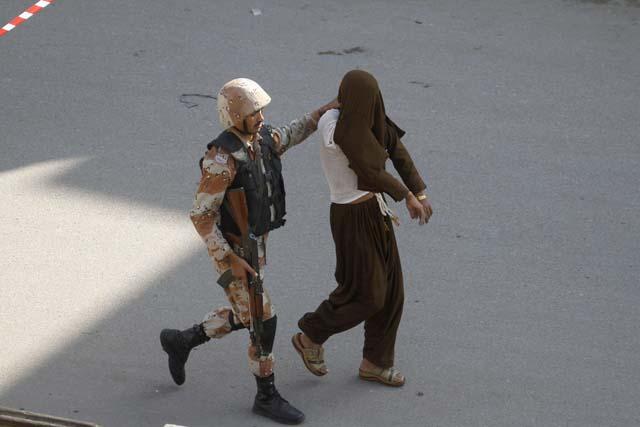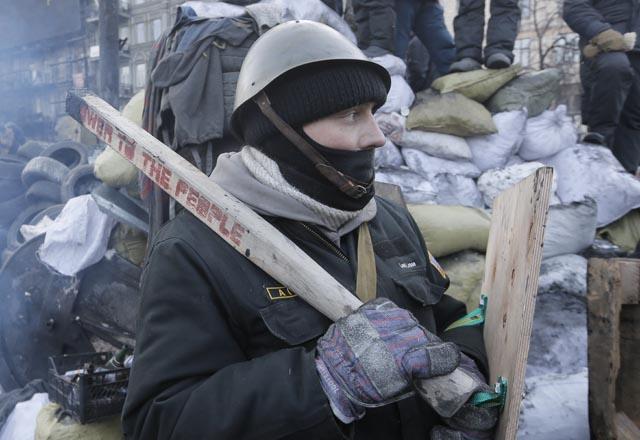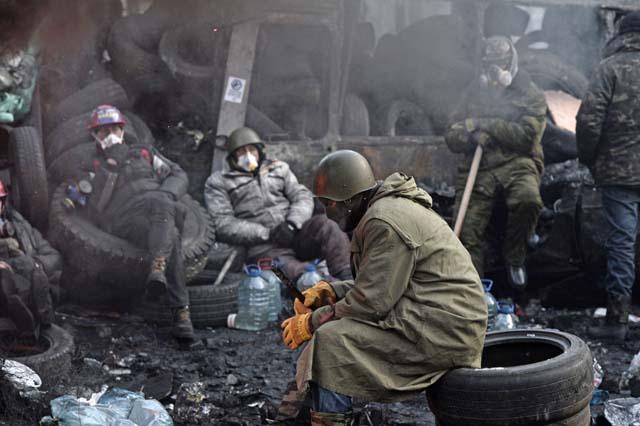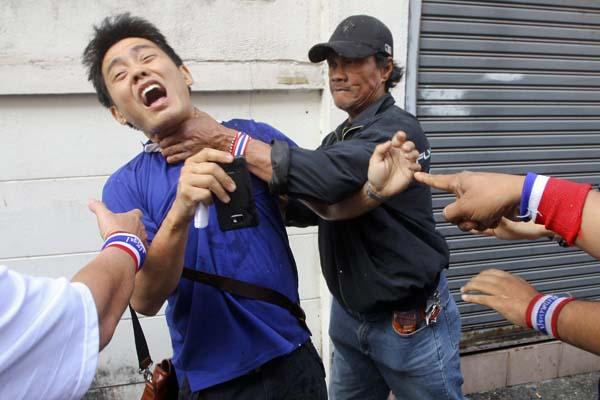ISLAMABAD — Pakistan’s prime minister vowed Wednesday that his government will pursue peace talks with the Pakistani Taliban, naming a four-member committee to facilitate negotiations.
In a speech to parliament, Prime Minister Nawaz Sharif also called on the militants to observe a ceasefire, and condemned them for targeting security forces and civilians in recent months.
Sharif long has supported talks as the best way to end the years of fighting in the country’s northwest.
But after a spate of attacks in January, some in Pakistan have advocated he forego negotiations in favour of a large-scale military operation against the Taliban and other Islamic extremist groups.
“It is necessary for the success of the talks to start this process with good intentions and it demands that the acts of terrorism be immediately stopped. Talks and terrorism cannot go side by side,” Sharif told lawmakers.
He said he had decided to accept a recent offer by the militants to start negotiations. “We want to give peace another chance by forgetting the bitter experience of the past,” Sharif said.
The four people named by Sharif to head the negotiations are: Rahimullah Yousafzai, a local journalist and expert on the Taliban; Pakistan’s former ambassador to Afghanistan, Rustam Shah Mohmand; retired intelligence officer Mohammed Amer and columnist Irfan Sadiqui.
One of the negotiators, Mohmand, said the government had few options but to keep trying to bring the militants to the table because force had not ended the militants’ attacks.
“You will kill them. They will kill you. The killing cycle will go on,” Mohmand said.
He said the committee would initially try to covertly establish contacts with the militants, but warned that the task would not be easy.
Another committee member, Sadiqui, said he hoped the Taliban would respond positively to the initiative. “Let us make an effort for peace and expect good results,” he told a news conference in Islamabad.
A spokesman for the Pakistani Taliban, Shahidullah Shahid, said the militant group has convened a meeting of its executive council to discuss the prime minister’s offer and the negotiating team.
“We believe in serious and purpose oriented talks,” he said in a statement.
Sharif has come under fire in the past for pursuing peace talks over military action against Pakistani Taliban militants in the northwest who have been trying to overthrow the government and enforce their harsh brand of Islam across the country. Critics say the militants have broken numerous peace accords and simply use the negotiating time to gather their strength.
In a country that seems to suffer from endless bomb attacks and shootings, the idea of a negotiated settlement has some popularity. Many Pakistanis view the war in the country’s northwest as being imposed on them by the United States after the invasion of Afghanistan and resent being forced to fight fellow Muslims.
Meanwhile, the Pakistani Taliban continued their attacks Wednesday in other parts of the country, underlining just how difficult it would be to come to a negotiated settlement.
Three members of the security forces were killed in separate attacks in the southern city of Karachi, said senior police officer Amir Farooqi. A spokesman for the Pakistani Taliban claimed responsibility for the attacks.
In one, assailants threw a grenade at a vehicle carrying paramilitary Rangers in the Nazimabad neighbourhood, killing one of them. Minutes later, a roadside bomb wounded three security personnel in the same area, and then a suicide bomber blew himself up outside the headquarters of the paramilitary Rangers, killing one Ranger and a private guard, Farooqi said.
Karachi is the capital of southern Sindh province. It has been the scene of scores of such attacks against security personnel in recent years.




















